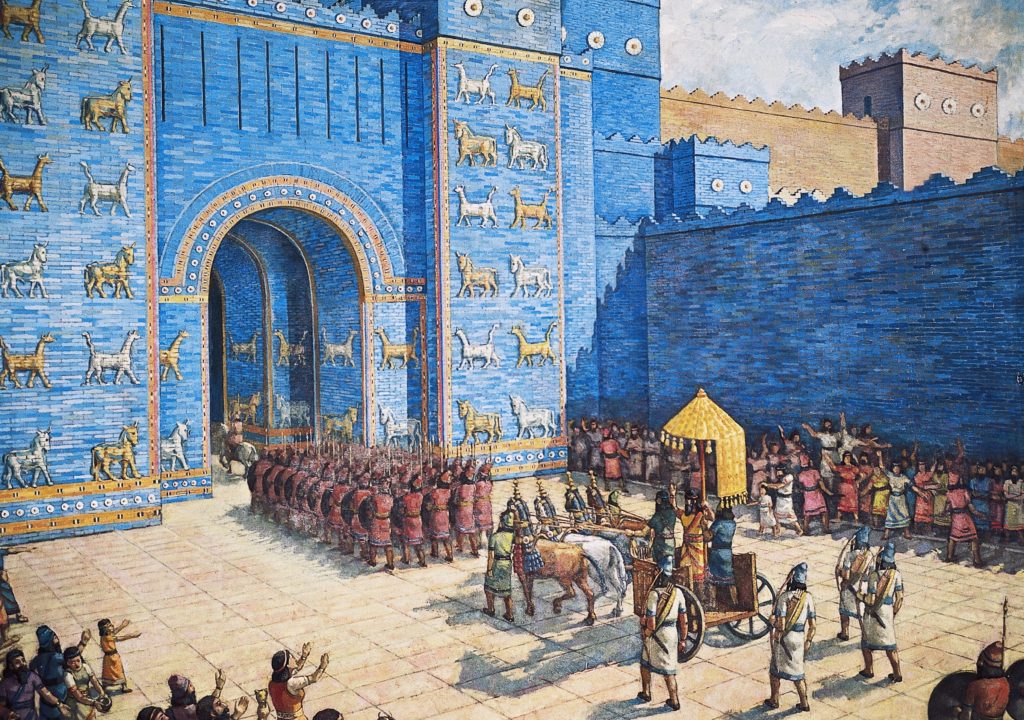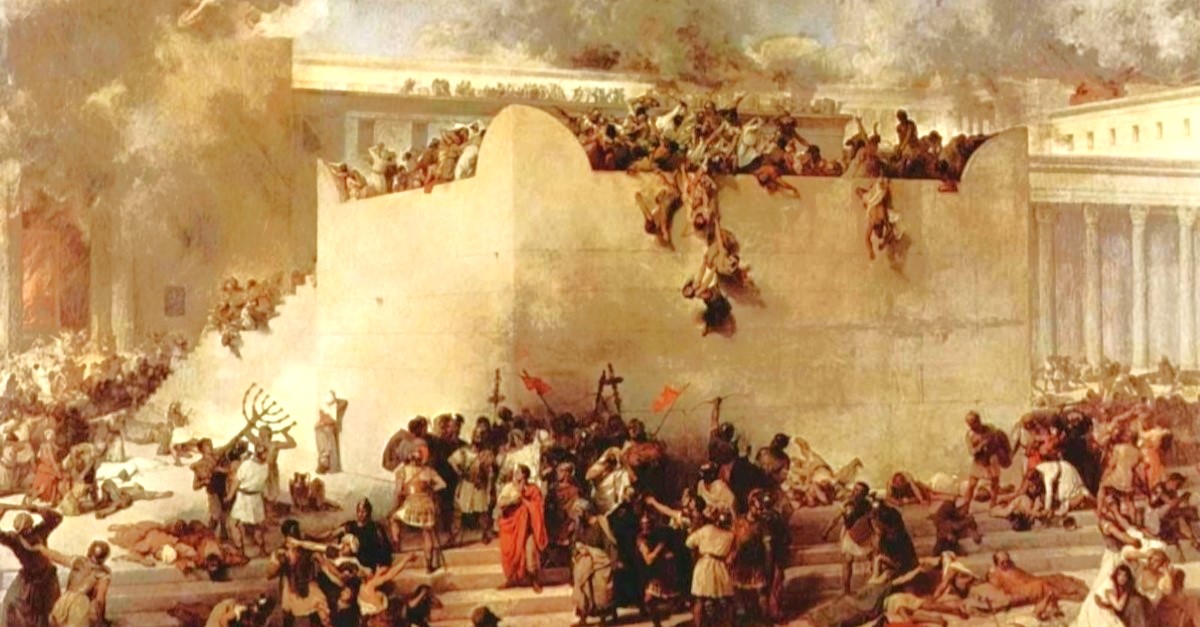
The Hebrew people, also known as the Israelites, have played a crucial role in the development of monotheism, the belief in a single, all-powerful God. Their religious traditions, codified in the Hebrew Bible, have deeply influenced the world’s major monotheistic religions: Judaism, Christianity, and Islam. Here’s a concise overview of their journey, highlighting monotheism, key dates, examples, and some fun facts
✨💡🌟YOU NEED TO KNOW…💡

Fun Facts
- Language: The Hebrew language, once considered dead as a spoken language, was revived in the late 19th and early 20th centuries and is now the official language of Israel.
- Dietary Laws: The concept of kosher foods, dietary laws derived from the Hebrew Bible, has influenced global cuisine and food practices.
- Sabbath: The practice of observing the Sabbath, a day of rest on the seventh day of the week, has influenced the weekend concept in various cultures.

Religion
Monotheism
- Foundation: The Hebrew people’s belief in one God is foundational to their culture and religion. This concept of monotheism is a central theme in the Hebrew Bible, where God is referred to as Yahweh or Jehovah.
Key Figure: Abraham (around 2000 BCE) is considered the patriarch of the Hebrew people and is recognized for making a covenant with God, marking the beginning of monotheism among the Hebrews.
Moses and the Exodus: Around 1300 BCE, Moses, another pivotal figure, led the Hebrew people out of slavery in Egypt, an event known as the Exodus. On Mount Sinai, he received the Ten Commandments, further establishing the Hebrews’ covenant with God.
Timeline and Key Events⏳
Lets start!
- Patriarchal Period (circa 2000-1500 BCE): The era of the patriarchs, Abraham, Isaac, and Jacob, who are said to have established the early foundations of Hebrew monotheism.
- Exodus and Sinai (circa 1300 BCE): Moses leads the Exodus from Egypt and receives the Ten Commandments, a seminal event in Hebrew religious history.

3. United Monarchy (circa 1020-922 BCE): Under Kings Saul, David, and Solomon, the Hebrew tribes unite, with Jerusalem becoming the spiritual and political center. Solomon builds the First Temple.

4. Babylonian Exile (586-538 BCE): The destruction of Solomon’s Temple and the exile of many Hebrews to Babylon mark a significant period of reflection and further development of monotheistic beliefs.
5. Second Temple Period (516 BCE – 70 CE): Begins with the construction of the Second Temple upon the return from Babylonian Exile and ends with its destruction by the Romans.


Watch out the video then make 4 questions and answer them, then compare with a friend.-

Lets play!
